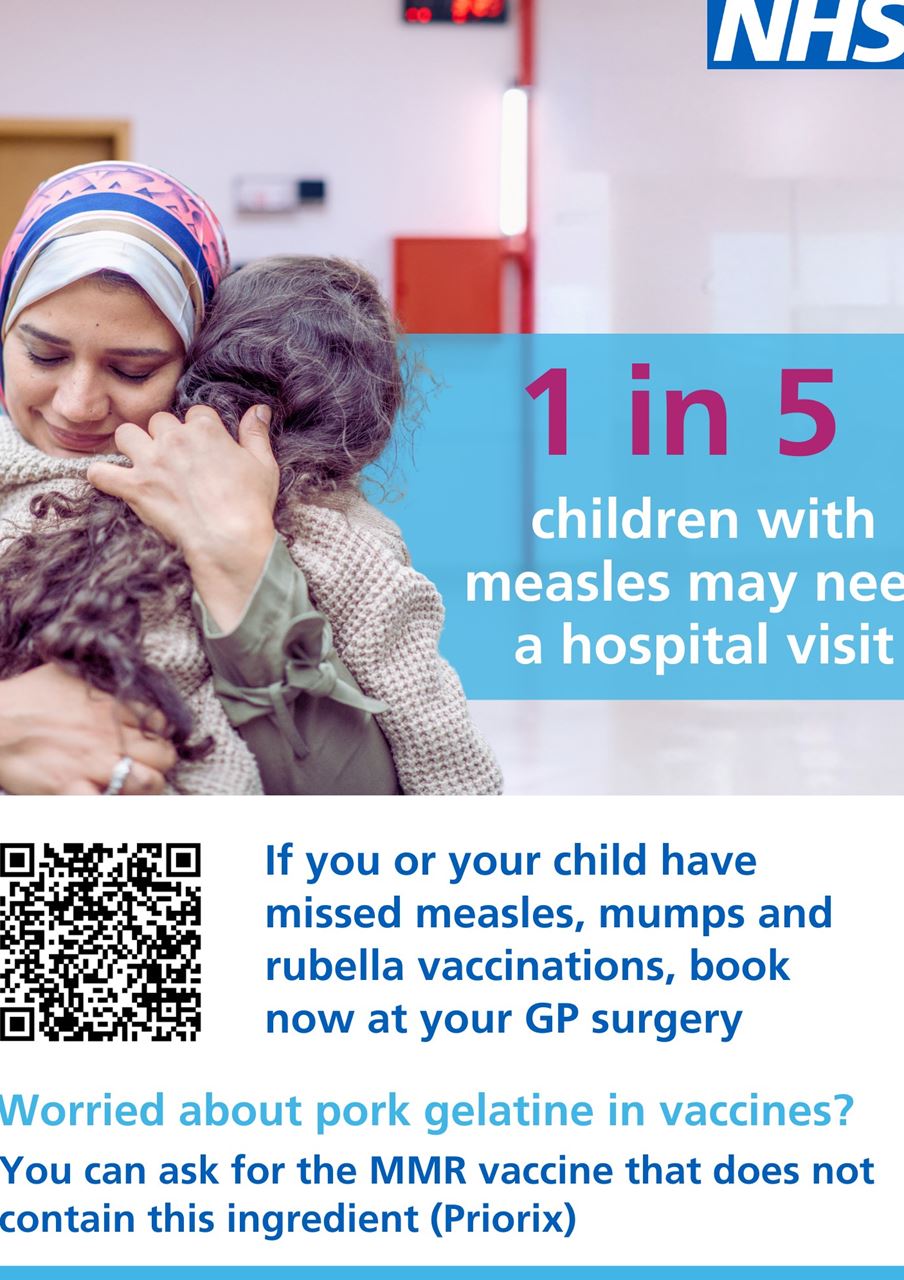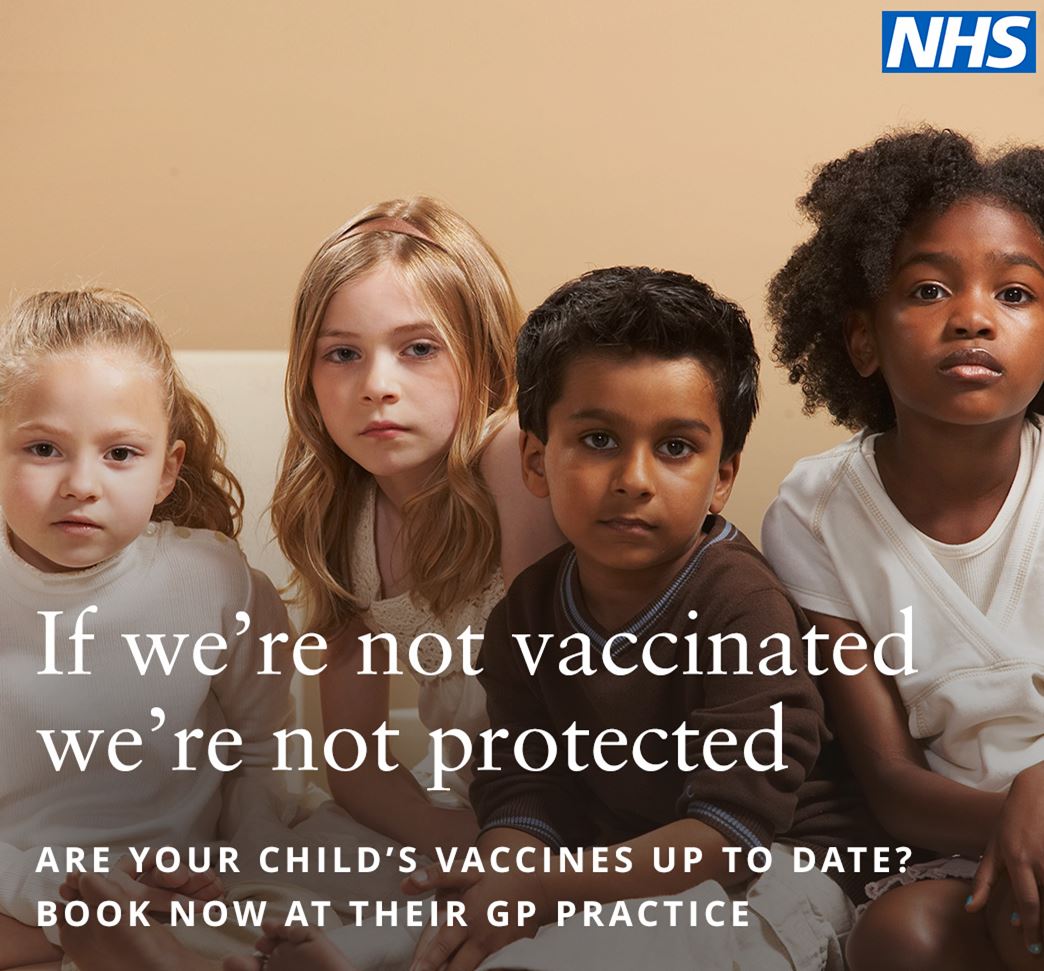CHILDHOOD IMMUNISATIONS
The Importance of Immunisations
At Shifa Surgery Ltd, we provide childhood immunisations each week. Vaccination is the most important thing we can do to protect ourselves and our children against ill health. They prevent millions of deaths worldwide every year. Since vaccines were introduced in the UK, diseases like smallpox, polio and tetanus that used to kill or disable millions of people are either gone or are now very rarely seen. Measles and Mumps are starting to appear again in England, even though the MMR vaccine is the best protection against both diseases. This is serious as measles can lead to life-threatening complications like meningitis, and mumps can cause hearing loss.
We also offer 8 week baby checks with the Doctor and also offer post-natal check ups for all new mothers.
Immunisation at 8 Weeks
- 6-in-1 Vaccine: Diphtheria, Tetanus, Whooping Cough, Polio, Hib, Hepatitis B
- Pneumococcal (PCV) Vaccine
- Rotavirus Vaccine
- MenB (Meningitis B)
Immunisation at 16 Weeks
Immunisation at 1 Year
Immunisation at 3 Year & 4 Months
- MMR (2nd Dose)
- 4-in-1 Pre-School Booster: Diphtheria, Tetanus, Whooping Cough, Polio
School Age Normally given at school
Immunisation at 14 Years
- 3-in-1 Teenage Booster: Tetanus, Diphtheria, Polio
- MenACWY – Meningitis strains A, C, W, Y.
-
This schedule provides vital protection during childhood.
Please consult your healthcare provider for any updates or specific queries.
Why Childhood Immunisations Are Important
Vaccinating children is crucial for their health and the wider community.
Immunisations:
- Protect Your Child: Vaccines protect against serious, potentially life-threatening diseases like measles, meningitis, and polio, helping children build immunity without suffering from the illness.
- Community Protection: When most children are vaccinated, it reduces the spread of diseases, safeguarding those who can't be vaccinated, like newborns or individuals with certain medical conditions (herd immunity).
- Prevent Outbreaks: Immunisation prevents the resurgence of diseases that were once common but are now rare due to vaccines.
- Safe and Effective: Vaccines are thoroughly tested to ensure they are safe for children, with strict regulations in place.
- Lifelong Health Benefits: Childhood immunisations not only protect children in the early years but also reduce the risk of complications and chronic conditions later in life.
By following the UK Childhood Immunisation Schedule, parents can help keep their children, families, and communities safe from preventable diseases.

